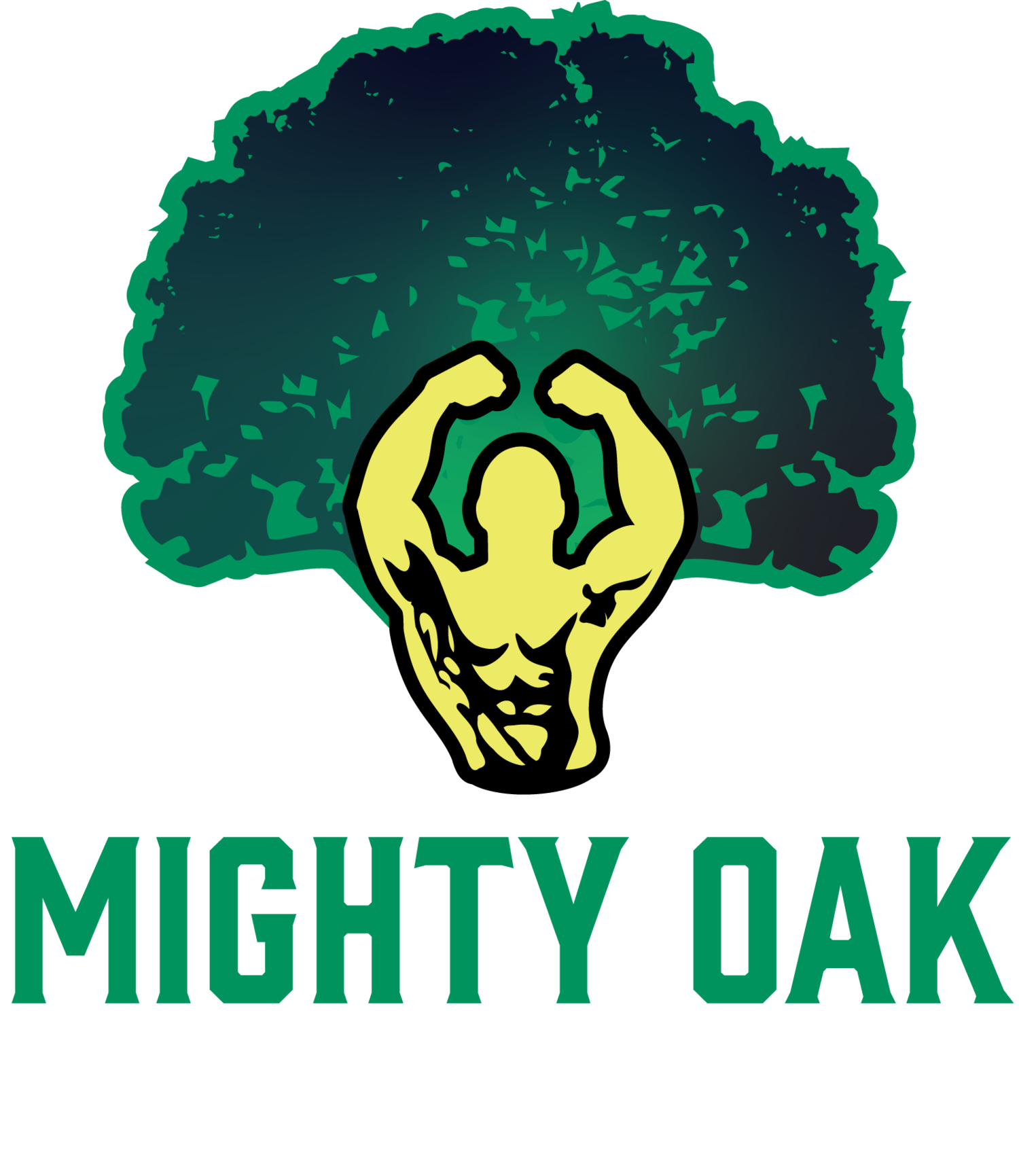The Mighty Oak Athletic Exercise: Unveiling the Benefits of Strength Training for Kids
In an era where sedentary lifestyles and technological advancements have taken center stage, the importance of physical activity, particularly for children, cannot be overstated. Among various forms of exercise, strength training has emerged as a powerful tool for fostering the overall health and development of young individuals. In this essay, we will explore the benefits of strength training for kids, with a particular focus on the Mighty Oak Athletic approach. Additionally, we will introduce three bodyweight exercises that children can perform anytime, anywhere, with no equipment.
Physical Benefits:
Strength training for kids not only enhances muscular strength and endurance but also improves overall physical health. Regular engagement in strength exercises helps in the development of bone density, joint stability, and overall body coordination. According to the American Academy of Pediatrics (AAP), resistance training in children has been shown to increase muscular strength by 30% to 50% (AAP, 2008). The Mighty Oak Athletic program understands the significance of such physical benefits and incorporates them into their training routines, aiming to make children strong like mighty oaks.
Cognitive Development:
Strength training also plays a crucial role in cognitive development among children. Engaging in structured training programs like Mighty Oak Athletic enhances brain function, attention span, and memory retention. Research conducted by Hillman et al. (2014) suggests that regular physical activity, including strength training, positively influences cognitive abilities in children, leading to improved academic performance and overall cognitive functioning.
Emotional Well-being:
Beyond physical and cognitive benefits, strength training for kids contributes significantly to emotional well-being. Physical activity, in general, releases endorphins, which are natural mood-enhancers. The Mighty Oak Athletic approach recognizes this and emphasizes the importance of training in promoting mental health among children. By incorporating strength exercises into their routine, children can experience reduced stress, improved self-esteem, and enhanced emotional resilience.
Three Bodyweight Exercises for Kids:
a) Jumping Jacks: Jumping jacks are a simple yet effective bodyweight exercise that engages multiple muscle groups. Children can perform this exercise anywhere, anytime. It promotes cardiovascular fitness and strengthens the legs, core, and shoulders. To do jumping jacks, children should start by standing with their feet together and hands at their sides. They then jump while simultaneously raising their arms above their heads and spreading their legs to the side. They return to the starting position by jumping again and bringing their feet together while lowering their arms.
b) Plank: The plank exercise is a fantastic bodyweight exercise for developing core strength. It helps children build stability in their abdominals, lower back, and shoulder muscles. Kids can perform the plank by assuming a push-up position, resting their forearms on the ground, and aligning their elbows with their shoulders. They should maintain a straight line from their head to their feet, engaging their core muscles. Holding the position for 30 seconds to one minute is a great starting point.
c) Squats: Squats are a fundamental bodyweight exercise that strengthens the lower body, including the quadriceps, hamstrings, and glutes. Kids can perform squats by standing with their feet shoulder-width apart and toes pointing slightly outward. They should then lower their bodies by bending at the knees and hips, as if sitting back into an imaginary chair. The goal is to keep the chest up, the back straight, and the knees aligned with the toes. They should aim for a squat depth where their thighs are parallel to the ground and then return to the starting position.
The profound influence of strength training for children, as epitomized by the Mighty Oak Athletic approach, reaches far beyond enhancing physical capabilities. Indeed, the potential improvements in cognitive performance and emotional resilience are equally significant.
A program like Mighty Oak Athletic provides children with a robust foundation for their physical health, enhancing muscular strength and endurance, while fostering bone density and coordination. This physical growth parallels the cognitive benefits; regular participation can boost brain function, attention span, and memory retention. The outcomes extend into the academic sphere, potentially improving performance and cognitive functioning.
More so, the emotional benefits of strength training are an essential aspect of the Mighty Oak Athletic approach. Regular physical activity promotes mental health, reducing stress, and improving self-esteem. As children regularly engage in strength exercises, they can cultivate emotional resilience, mirroring the mighty oak's endurance against all odds.
The takeaway here is profound. Strength training can be a pivotal instrument in the harmonious development of children, promoting physical, cognitive, and emotional well-being. And the beauty lies in the simplicity and accessibility of this training; exercises like jumping jacks, planks, and squats can be performed anytime, anywhere, without the need for any equipment.
Embrace the strength of the mighty oak. Encourage your children to engage in strength training, guiding them on a path to better health, enhanced cognition, and improved emotional resilience. The benefits are truly transformative, shaping them into mighty oaks in their own right.
